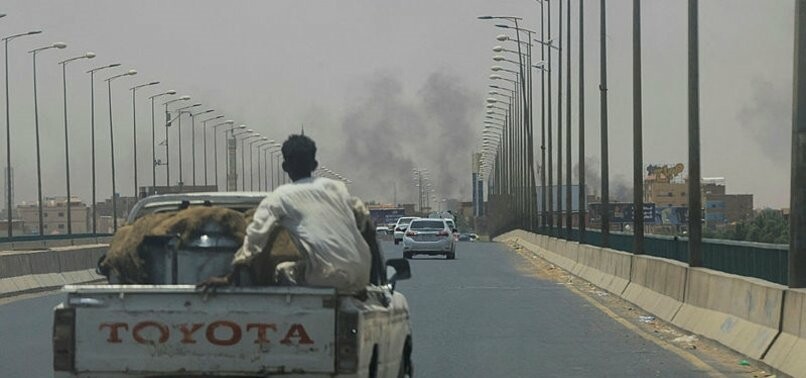The number of casualties resulting from clashes between Sudan’s regular army and paramilitaries has now risen to at least 97, with numerous others sustaining injuries, the doctor’s union said.
The intense clashes have been ongoing since Saturday.
Furthermore, on the second day of urban battles killed at least 56 civilians and three UN staff.
The conflicts between the well-equipped armed forces and the Rapid Support Forces (RSF) have led to widespread international condemnation and regional alarm.
After a period of internal power struggles between Sudan’s army chief, Abdel Fattah al-Burhan, and his deputy, Mohamed Hamdan Daglo, who leads the heavily-armed RSF, violence erupted on Saturday.
Late Sunday afternoon the army said they had “agreed to a United Nations proposal to open safe passage for humanitarian cases”, including the evacuation of wounded, for three hours which ended at 1700 GMT.
RSF confirmed the measure, though they said it would last four hours, and both sides maintained their right to “respond in the event of transgressions” from the other side.
Established in 2013, the RSF originated from the Janjaweed militia, which was previously unleashed by then-president Omar al-Bashir to target non-Arab ethnic minorities in Darfur, resulting in allegations of war crimes.
The integration of the RSF into the regular army had been a significant aspect of negotiations aimed at achieving a deal to restore civilian rule and resolve the political-economic crisis triggered by the military coup in Sudan in 2021.
Following a meeting to discuss the situation in Sudan, the African Union announced that a high-ranking official would be dispatched “immediately” to Sudan with the mission of facilitating a ceasefire.
In response to a request from Egypt and Saudi Arabia, the Arab League convened an urgent meeting in Cairo.
During a press conference held in Abu Dhabi, Sudan’s former prime minister Abdalla Hamdok characterized the humanitarian situation in Sudan as “catastrophic” and called for a ceasefire, while also appealing for assistance, particularly from Arab nations.
However, the two generals, Burhan and Daglo, did not seem willing to engage in discussions, as they have labeled each other as criminals. Burhan, who advanced in his military career during the three-decade rule of the imprisoned Bashir, has argued that the coup was necessary to incorporate more factions into politics.




